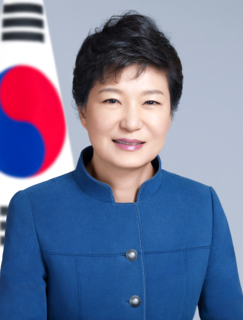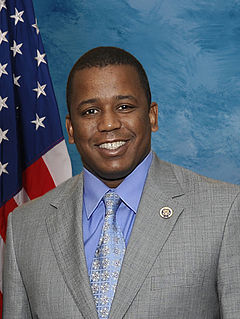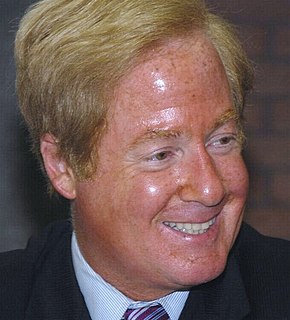A Quote by Terry Glavin
It was commonplace to hear it said, after the Bosnian genocide kicked off in 1992 and the Rwandan genocide erupted in 1994 and the Darfur genocide began in 2003, that the 'international community' had learned nothing since the Holocaust.
Related Quotes
This year marks 20 years since the Rwandan genocide -- the world's greatest humanitarian tragedy of the late 20th century. The international community had pledged 'never again' in the aftermath of the genocide in the former Yugoslavia and Rwanda in the 1990s. Yet, we are witnessing today a different type of humanitarian disaster unfolding in Syria and Iraq.
We're living in an age of genocide. ...And we do believe that there is not only the genocide of war, and the genocide that took place with the extermination of the Jews, but the whole program....of birth control and abortion is another form of genocide.... [T]hey claim the poor are bringing forth tremendous numbers of children and so the solution is to kill them off.
I make a difference between genocide and Holocaust. Holocaust was mainly Jewish, that was the only people, to the last Jew, sentenced to die for one reason, for being Jewish, that's all. Genocide is something else. Genocide has been actually codified by the United Nations. It's the intent of killing, the intent of killing people, a community in this culture so forth, but no other people has been really interested.
The term "genocide" is often incorrectly assumed to mean extreme examples of mass murder associated with war, with the death of millions of individuals, as, for instance in Cambodia. Although clearly the Holocaust was the most extreme of all genocides, the bar set by the Nazis is not the bar required to be considered genocide. Most importantly, genocide does not have to be complete to be considered genocide.
Armenians, as a people that have survived the Genocide, have a moral duty towards mankind and history in the prevention of genocides. We have done and will continue to do our best to support the persistent implementation of the Genocide Convention. Genocide cannot concern only one people, because it is a crime against humanity.
We cannot indefinitely avoid depressing subject matter, particularly it it is true, and in the subsequent quarter century the world has had to hear a story it would have preferred not to hear - the story of how a cultured people turned to genocide, and how the rest of the world, also composed of cultured people, remained silent in the face of genocide. (v)
Syria is a civil war. Syria began as a popular uprising, just like the other experiences in the Arab Spring, with a repressive government that responded by basically killing the protesters. It's not a genocide, it's a war, and there's a difference. Genocide is a preplanned attack on people because of who they are. This is a interstate conflict.
Genocide is not just a murderous madness; it is, more deeply, a politics that promises a utopia beyond politics - one people, one land, one truth, the end of difference. Since genocide is a form of political utopia, it remains an enduring temptation in any multiethnic and multicultural society in crisis.

































